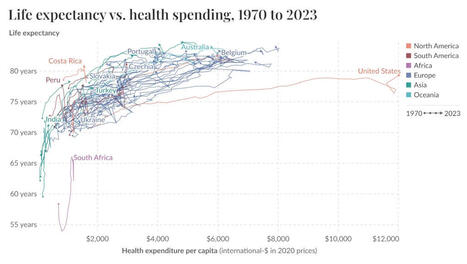Reimagining medtech for a COVID-19 world | McKinsey #esante #hcsmeufr #digitalhealth #Coronavirus #covid-19 #COVID19FR #coronavirusfrance

Could COVID-19 Help Refine AI, Data Analytics in Healthcare? #esante #hcsmeufr #digitalhealth #Coronavirus #covid-19 #COVID19FR #coronavirusfrance
27/04/2020
How COVID-19 Will Accelerate A Digital Therapeutics Revolution
27/04/2020COVID-19 is creating unprecedented challenges for the medtech sector. Companies should consider stress-testing operating models to strengthen crisis resilience and the longer-term path to recovery.
COVID-19 has presented a humanitarian crisis like no other, with nearly two million infected by the virus and tens of thousands of lives lost. Indeed, the speed and depth of disruption due to the pandemic is creating unprecedented challenges for societies and economies across the world. This is especially clear on the frontlines of healthcare delivery. As infections spread around the world, health systems have redirected substantial resources to COVID-19 response efforts.
COVID-19 has put the medtech industry at center stage with unparalleled demand for diagnostic tests, personal protective equipment (PPE), ventilators, and other critical medical supplies. In addition to the extraordinary measures underway to rapidly ramp up manufacturing capacity and capabilities, medtech leaders are also looking outside their normal sector boundaries to explore creative solutions to further supplement capacity, such as partnerships with companies outside the sector, open-source equipment design, and deployment of medically trained employees to support public-health needs.
The medtech industry is also being affected by the dramatic drop in elective medical procedures, many of which are being postponed or cancelled so that hospitals can focus resources on treating COVID-19 patients. In fact, McKinsey’s models project a 60–80 percent decline in elective procedures in the second quarter of 2020 for Europe and the United States, with an additional 40–50 percent decline in the third quarter. Another concern: when the recovery begins, it could be accompanied by a resurgence of demand for both elective and delayed essential procedures, straining business models and financial resilience.
Source: www.mckinsey.com



